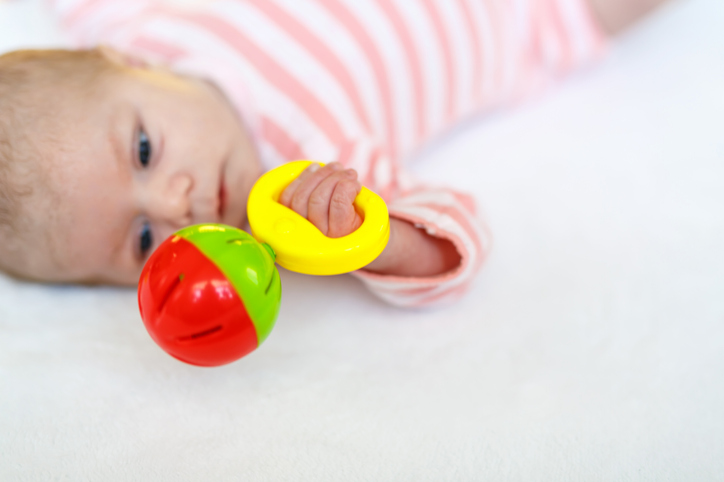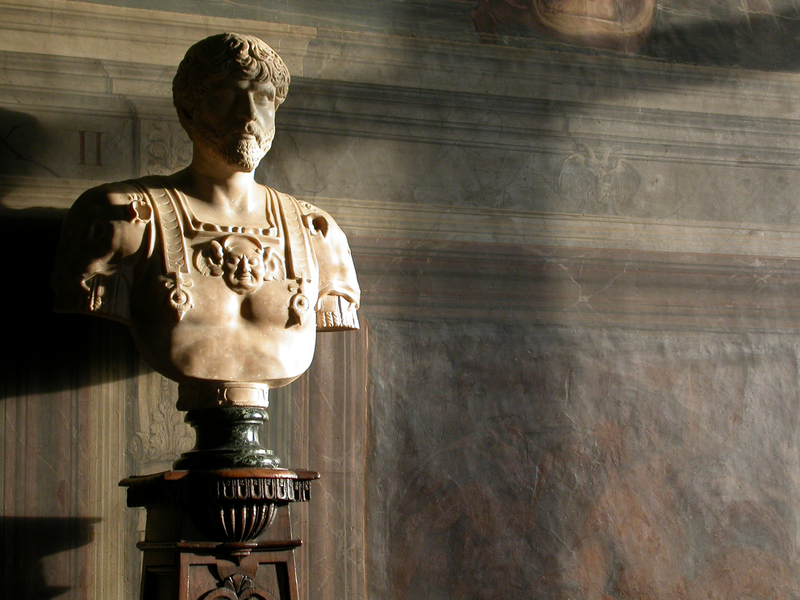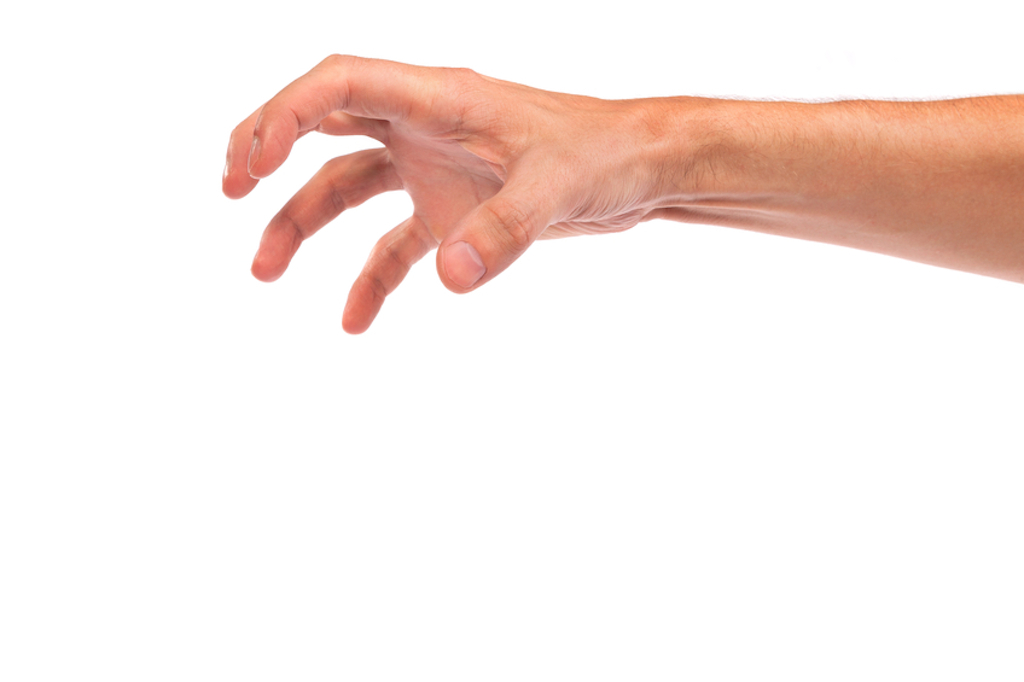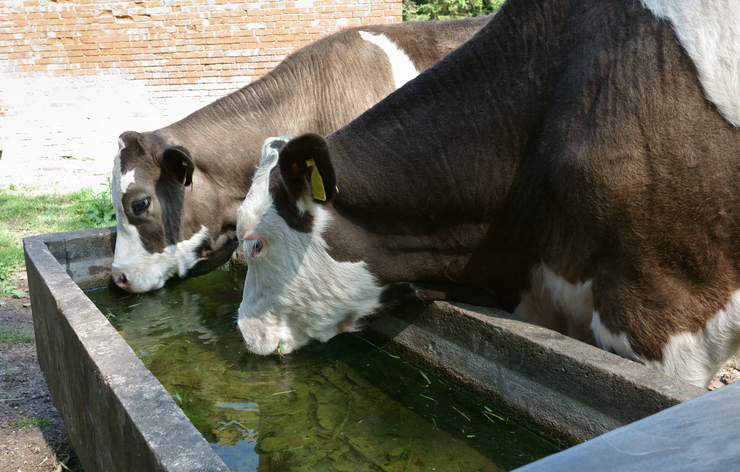rattle (verb, noun) /ˈrætəl/

To rattle means ‘to make a rapid series of short, sharp sounds’ and also ‘to move noisily.’ Figuratively, usually followed by on or away, to talk rapidly is also to rattle. As a noun, a rattle is, of course, a rapid succession of short, sharp sounds. A rattle is also a baby’s toy filled with small pellets that rattle when shaken, and it’s the series of horny, hollow rings at the end of a rattlesnake’s tail, with which it produces a rattling sound.
Example sentences
- The windows were rattling in the wind.
- The car rattled along the bumpy road.
- My uncle could rattle on for hours about his aches and pains.
- Valerie shook the jar and heard a rattle.
- The baby was playing with a rattle.
- The snake shook its rattle.
Words often used with rattle
rattle off: say or list rapidly. Example: “The patient rattled off a long list of symptoms to the doctor.”
rattle around: have a lot of space to move around in. Example: “The old couple found it strange now that their children had left home and it was just the two of them rattling around in that big house.”
In pop culture
Listen to Bob Haley and His Comets singing “Shake, Rattle, and Roll” here:
Additional information
Another figurative sense of rattle as a verb is to disconcert or alarm. For example, you could say, “Although the police didn’t find any evidence, the fact that they searched his house rattled the criminal.”
Did you know?
Have you ever wondered what the rattle on a rattlesnake’s tail is for? You can learn more about it in this video:
Other forms
rattly (adjective)
Origin
Rattle, meaning ‘to make a series of short, sharp sounds’ dates back to the late 13th century, as the Middle English verb ratelen. It came into English from the Middle Dutch ratelen (to rattle), though a few linguists have suggested that it could have existed in Old English and was never recorded; either way its origin is imitative. The transitive sense, ‘to cause something to make a series of short, sharp sounds’ dates back to the early 14th century. The meaning ‘to say rapidly’ dates back to the late 14th century, while ‘to go along loosely and noisily’ dates back to the mid-16th century. The figurative sense ‘to fluster or disconcert’ was first used in the mid-19th century. The noun, meaning ‘a series of short, sharp sounds’ dates back to the late 15th century, and comes from the verb. A rattle has been the name given to a child’s toy since the early 16th century, and rattlesnakes have been called that (based on the sound they make with their tails) since the 1620s.
Word of the Day is released Monday through Friday.



